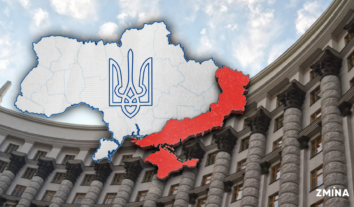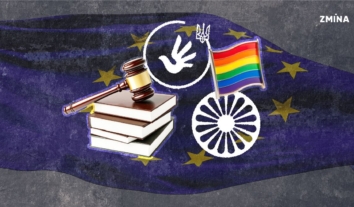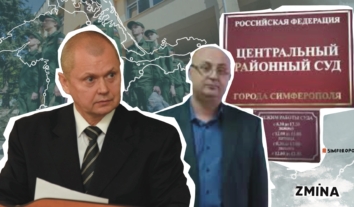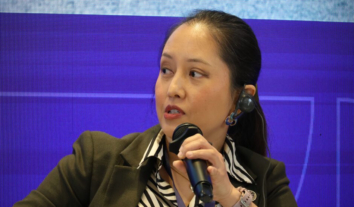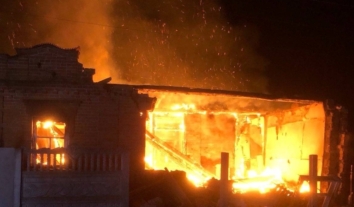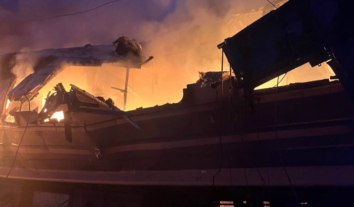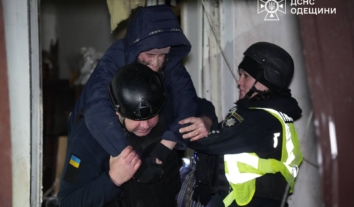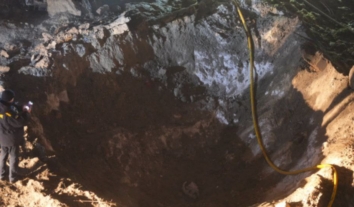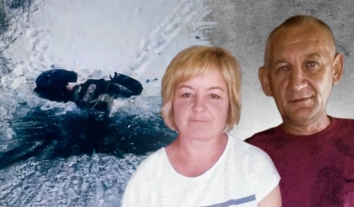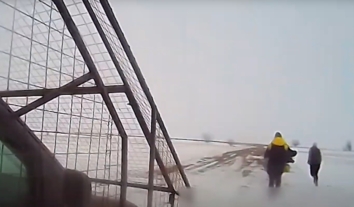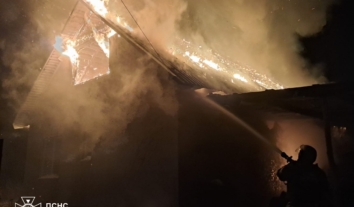Amnesty 2016: What is so dangerous about amnesty law
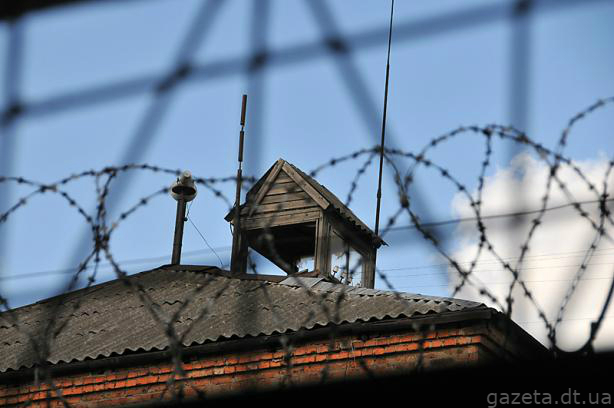
The amnesty law, which was supposed to come into force to the 25th anniversary of the independence, has not yet come into force in Ukraine. August 17, President Petro Poroshenko vetoed it.
Was this step appropriate or would it be better for the President to sign the law first and then to introduce changes to the document? Ukrainian human rights activists realize that Ukraine did not resort to the act of humanism for the past years (in fact, amnesty is one of these acts), and at the same time they regret that the MPs did not pay attention to the obvious shortcomings of the law.
Exemption from criminal liability
The law is dangerous, in particular, because the amnesty is supposed to exempt from criminal liability. This contravene with basic amnesty law in Ukraine. Consequently, the law will encourage citizens to commit new crimes and hide behind the combatant status.
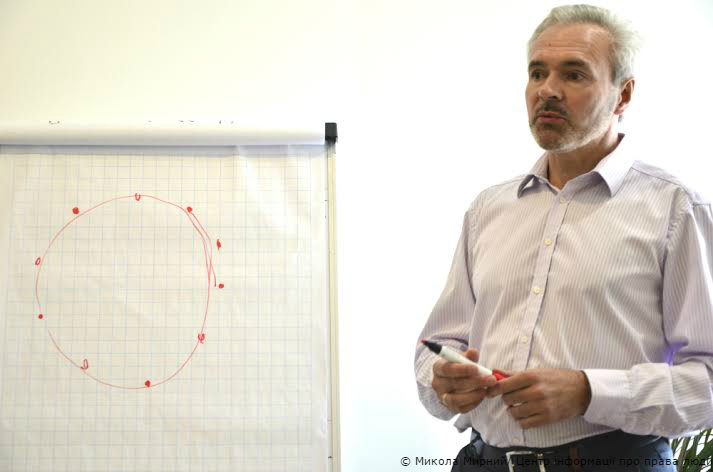 “Working in the Verkhovna Rada scientific and expert administration I wrote that it is wrong to exempt from criminal liability with the help of the amnesty law. Because if the amnesty law has been prepared but not yet adopted, the would-be criminals will see what crimes fall within the amnesty, and them would commit them being confident in self-impunity. At the same time, investigators literally wash their hands of and do not investigate crimes that fall within the statute of the amnesty law. Victims’ rights are violated,” scientific development director at the Center for Political and Legal Reforms Mykola Khavronyuk explains.
“Working in the Verkhovna Rada scientific and expert administration I wrote that it is wrong to exempt from criminal liability with the help of the amnesty law. Because if the amnesty law has been prepared but not yet adopted, the would-be criminals will see what crimes fall within the amnesty, and them would commit them being confident in self-impunity. At the same time, investigators literally wash their hands of and do not investigate crimes that fall within the statute of the amnesty law. Victims’ rights are violated,” scientific development director at the Center for Political and Legal Reforms Mykola Khavronyuk explains.
The amnesty law 2016 exempts from liability even those combatants who had committed a crime outside the ATO area.
Emergency during ATO
Exemption from criminal liability norm arose under the influence of high-profile criminal cases against members of volunteer armed forces in Ukraine.
But the problem is that amnesty is granted only to those guilty of crimes, while the ATO participants, who, according to Article 39 of Criminal Code of Ukraine, caused harm in the state of emergency, cannot be considered as criminals.
“In 2014, the soldiers could not transfer the detained to Ukraine’s Security Service [SBU]. Because, for example, there were only two SBU officers working in the nearest to Donetsk, Izum city, Kharkiv region, and they were responsible for two regions. Can you imagine the extent of work they had to deal with? SBU employees refused to take people and postponed everything. It has been two years and now the boys are detained under Article 365 of the Criminal Code of Ukraine (abuse of power or official authority by a law enforcement officer). Because the police forces illegally held people for five days, although according to the anti-terrorism legislation, they could have hold them for five days”, lawyer Tatiana Matyash says.
These ATO participants will live with the consequences of a criminal record even after amnesty. After all, according to Tatyana Matyash, they will pay money to the families of the detained, will have no right to occupy certain positions, own a hunting weapon, etc.
Human rights activists and experts warn. Facts concerning possible continuous detention and torture of pro-Russian citizens in the ‘SBU secret prisons’, described in Amnesty International and Human Rights Watch report, should be properly investigated and the guilty should be brought to justice.
On the edge
According to the law, amnesty cannot be granted to those, whose criminal cases had been considered in court, but the sentences have not yet entered into force.
“The verdict comes into force within 30 days if it hasn’t been appealed. The amnesty law 2016 excludes these people from the process”, Mykola Khavronyuk explains.
Moreover amnesty cannot be granted to a person, whose criminal case has been postponed for various reasons.
Legal uncertainty
Experts complain that the law ambiguously outlines the range of people who come within the statute of amnesty.
Thus, Article 2 of the amnesty law states:
“To release from imprisonment … people, who defended the independence, sovereignty and territorial integrity of Ukraine, took part in the ATO, ensured its conduct, being present in the ATO area in the period of its conduct, got the status of combatants. It is also offered to relieve from responsibility, in particular, those accused and convicted of not especially serious crimes against life and health of people”.
Professor Mykola Khavronyuk notes that the article is not well-concerned. It is not clear if all those conditions should be observed or it is enough to observe only one of them?
Corruption risks
Experts point out that the law will have other disincentives for citizens.
In particular, according to Art. 15 of the law there will not be fines or property will not be confiscated as a penalty, if at the time the law enter into force, the fine had not been paid or the property had not been confiscated. After reading the text of the law, this will encourage the citizens to commit acts of corruption in order to delay the payment of a fine or confiscation of property.
Mykola Khavronyuk foresees abuse of the amnesty law concerning people with disabilities, as well as those convicted who have children with disabilities.
According to Oleksandra Matviychuk, the chairwoman of the Centre for Civil Liberties, since Petro Poroshenko Block is one of the largest fractions in parliament, the veto will not be overridden without the President’s comments. However, the amnesty law 2016 must be properly considered, since it is “the act of manifestation of the state humanity in the penitentiary field” thousands of people are waiting for.
Dzerkalo Tyzhnia (Mirror of the Week)


